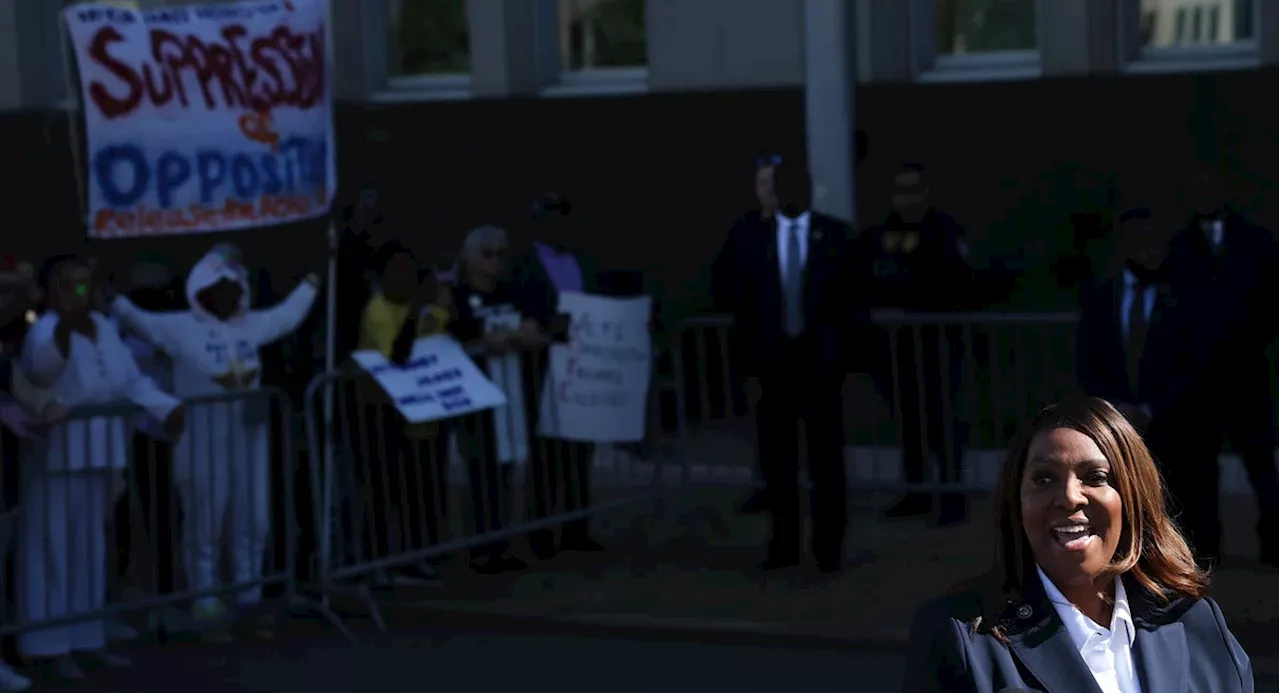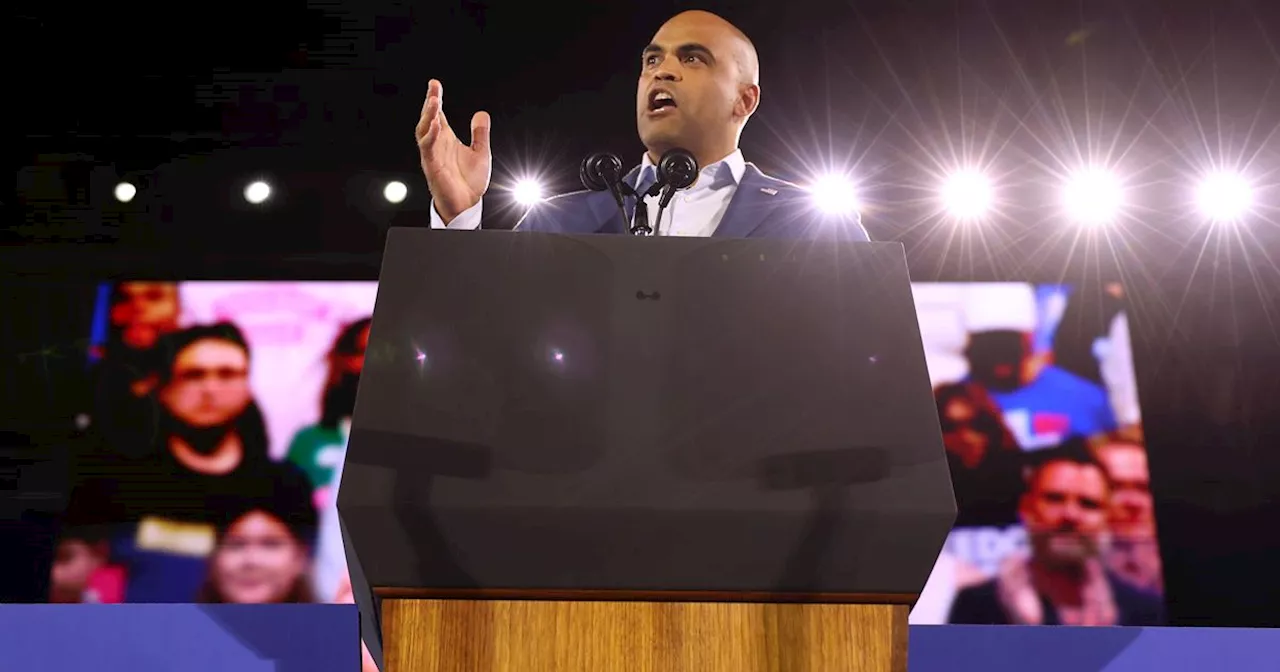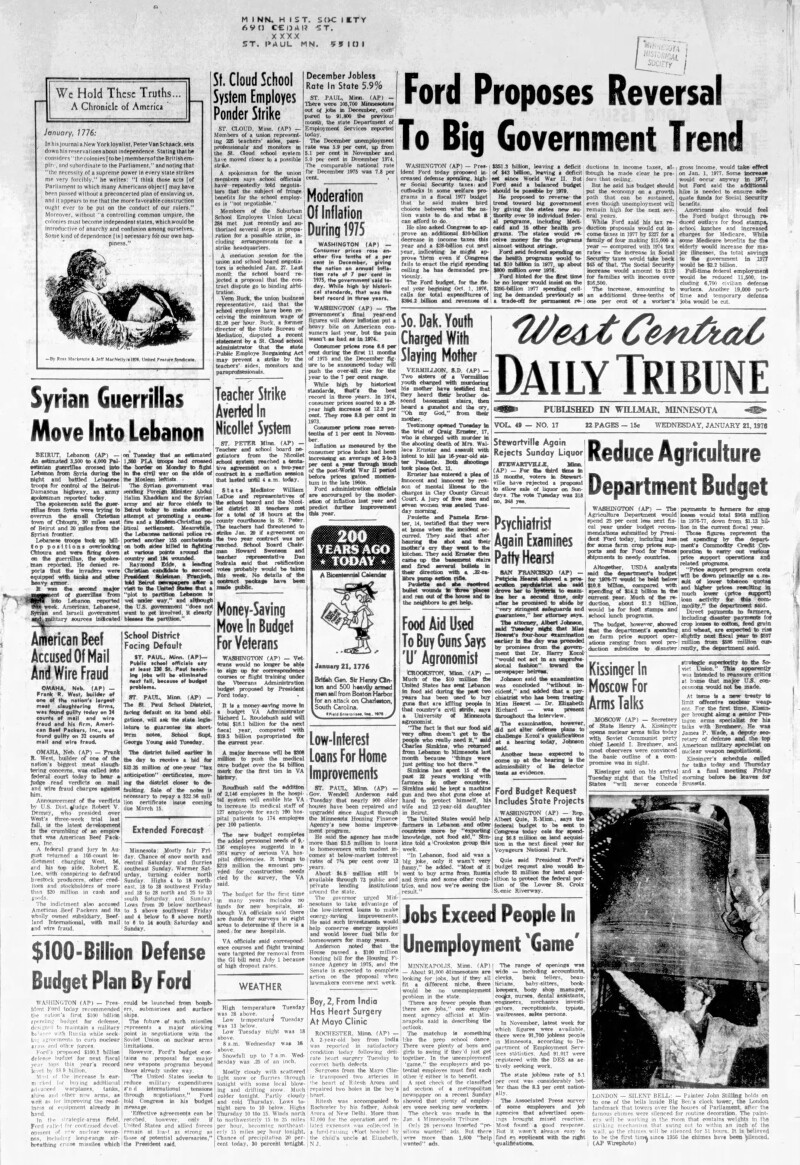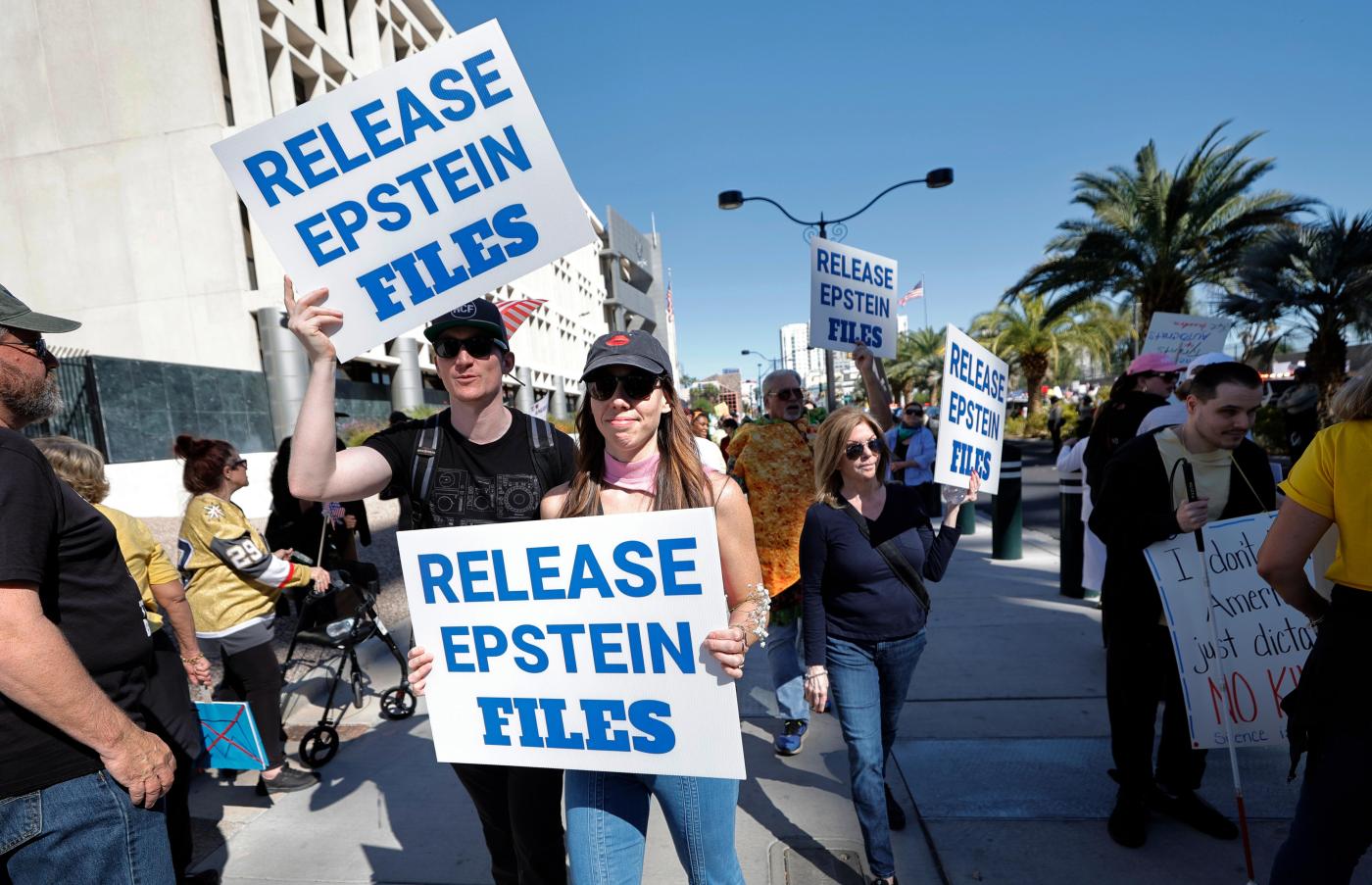Attorney General Letitia James is facing a significant legal challenge as her office received subpoenas related to investigations into former President Donald Trump‘s business dealings and the National Rifle Association (NRA). The subpoenas are being contested on the grounds of the legitimacy of the interim U.S. Attorney, Sarcone, who signed the documents in question. This development highlights the intricate intersection of law and politics surrounding the ongoing investigations.
The subpoenas were issued as part of a broader inquiry into whether Attorney General James’ actions against Trump and the NRA amount to selective prosecution. Legal experts have expressed concerns about Sarcone’s direct involvement, as it is not typical for a U.S. attorney to personally oversee such requests. Documents reveal that Sarcone served as the primary contact for the subpoenas, raising questions about the legality of the process.
James’ legal team argues that Sarcone’s authority to issue the subpoenas is questionable, citing that his interim appointment had expired before the subpoenas were issued. They contend this expiration renders the subpoenas invalid. In contrast, supporters of the Trump administration assert that Sarcone was legally authorized to act in his capacity despite not being formally confirmed as the U.S. attorney.
Political Implications and Legal Scrutiny
The investigation, which began in Albany, seeks to determine if James’ legal actions were motivated by political bias against Trump and the NRA. Assistant U.S. Attorney Richard Belliss has stated that there is substantial evidence suggesting that James’ public commitments to target Trump while campaigning could indicate a politically motivated agenda. The subpoenas aim to obtain documents that could illuminate any potential political motivations behind her legal strategies.
James has mounted a robust challenge against the validity of the subpoenas on various grounds, with a significant focus on Sarcone’s appointment process. Sarcone, previously involved with Trump’s campaign, was appointed as an interim U.S. attorney by former Florida Attorney General Pam Bondi in late February, allowing him to operate for a maximum of 120 days. After this period, judges appointed him as the first assistant U.S. attorney, which under the Federal Vacancies Reform Act allows him to assume certain duties in the absence of a confirmed U.S. attorney.
However, James’ lawyers argue that Sarcone’s lack of formal confirmation from the U.S. Senate undermines his authority and thus the legitimacy of the subpoenas. They maintain that this aspect renders the subpoenas unauthorized and unlawful. Belliss countered that Sarcone acted within his legal rights, emphasizing the independent authority of the grand jury to issue subpoenas, regardless of the U.S. attorney’s status.
Legal Proceedings and Future Implications
The legal arguments over the subpoenas and Sarcone’s authority have unfolded largely behind closed doors for several months. The case, after being transferred from the Northern District, was brought before U.S. District Court Judge Lorna Schofield in Manhattan. The case was unsealed on October 31, 2023, allowing for public access to the legal briefs and details of the proceedings.
This legal tussle not only showcases the complexities of prosecutorial authority but also reflects the ongoing tensions between the Department of Justice and figures associated with the Trump administration. The implications of this case extend beyond the immediate legal challenges, potentially influencing the political landscape and ongoing investigations involving high-profile political figures.
The situation remains fluid, with both sides preparing for further legal battles. As the case evolves, the potential outcomes could have lasting ramifications for the parties involved and the public’s perception of the integrity of legal processes in politically charged environments. The increasing scrutiny of legal appointments and their implications highlights the contentious nature of contemporary American politics, where legal challenges often intersect with political motives and public accountability.
As this complex legal battle unfolds, it is crucial for the public to stay informed about its developments and implications for the legal and political arenas.







